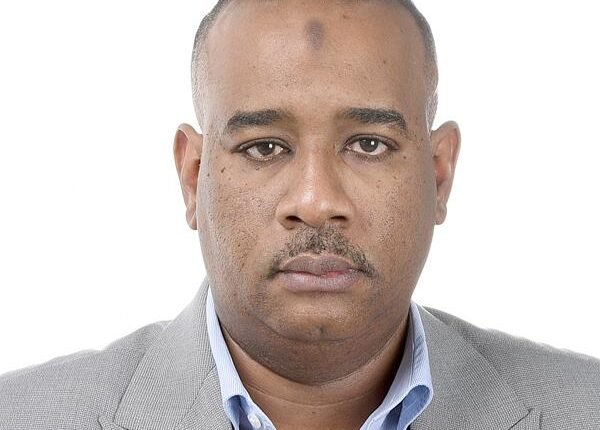The Future of Regional Stability Amid Sudan’s War

By Muhannad Awad Mahmoud | Sudanhorizon
Since the outbreak of Sudan’s ongoing war in April 2023 between the Sudanese Armed Forces and the Rapid Support Forces (RSF)—described as a terrorist militia that turned against the state—it has become clear that the conflict is no longer a purely internal affair. It now poses serious threats to the security and stability of Sudan’s entire regional neighbourhood.
The war has exposed the fragility of Sudan’s borders and the deep interconnections with neighbouring countries, stretching from Chad, Libya, and the Central African Republic to South Sudan, Ethiopia, Eritrea, and Egypt. Egypt, in particular, is seen as a consistent and principled supporter of Sudan’s unity and territorial integrity.
Sudan’s diplomatic efforts have sought to communicate the RSF’s threat to both Sudan and the region while reaffirming its commitment to good neighbourly relations. Notably, on 13 July 2023, Egypt hosted the Summit of Sudan’s Neighbouring States in Cairo, bringing together affected countries to discuss border security, refugee flows, and humanitarian coordination. However, the article argues that the summit’s outcomes require practical implementation to prevent the spread of chaos beyond Sudan’s borders.
Impact on Neighbouring Countries
Chad has borne the brunt of the conflict due to its porous eastern border and ethnic ties with western Sudan. It now hosts hundreds of thousands of refugees, straining its limited resources and triggering new social and security challenges. The ongoing conflict also risks enabling arms smuggling and cross-border criminal networks.
South Sudan faces disruptions to its oil exports that rely on transit through Sudan, while Ethiopia monitors developments along its western border with concern. Eritrea, maintaining its traditional stance of support for Sudanese unity, views Sudan’s stability as directly linked to its own. Meanwhile, Libya and the Central African Republic are vulnerable to the use of their borders for trafficking in gold, weapons, and fighters.
Egypt continues to shoulder a significant humanitarian burden by receiving waves of Sudanese displaced persons. It has also firmly rejected any externally imposed solutions that would compromise Sudan’s sovereignty or legitimise the RSF insurgency.
The article highlights international recognition of Sudan’s strategic role, referencing remarks by former U.S. President Donald Trump on 9 July 2025, emphasising peace in Sudan as a cornerstone for African stability. Yet, real action, the article argues, must come from neighbouring states—particularly Egypt—given their direct stake and historical ties.
Call for Action
The piece urges Sudan’s neighbours to revisit and implement the Cairo Summit’s outcomes, secure their borders, and prevent their territories from being used to fuel the conflict. It calls on Sudan to continue its diplomatic efforts and counter disinformation, while maintaining national unity behind the armed forces.
In conclusion, the writer stresses that regional peace depends on a strong, unified Sudan. Delays in ending the RSF rebellion will only deepen displacement and regional instability. Despite the challenges, the author expresses confidence in Sudanese resilience and the support of sincere allies, asserting that Sudan will remain a key pillar of regional security.
Shortlink: https://sudanhorizon.com/?p=6421

